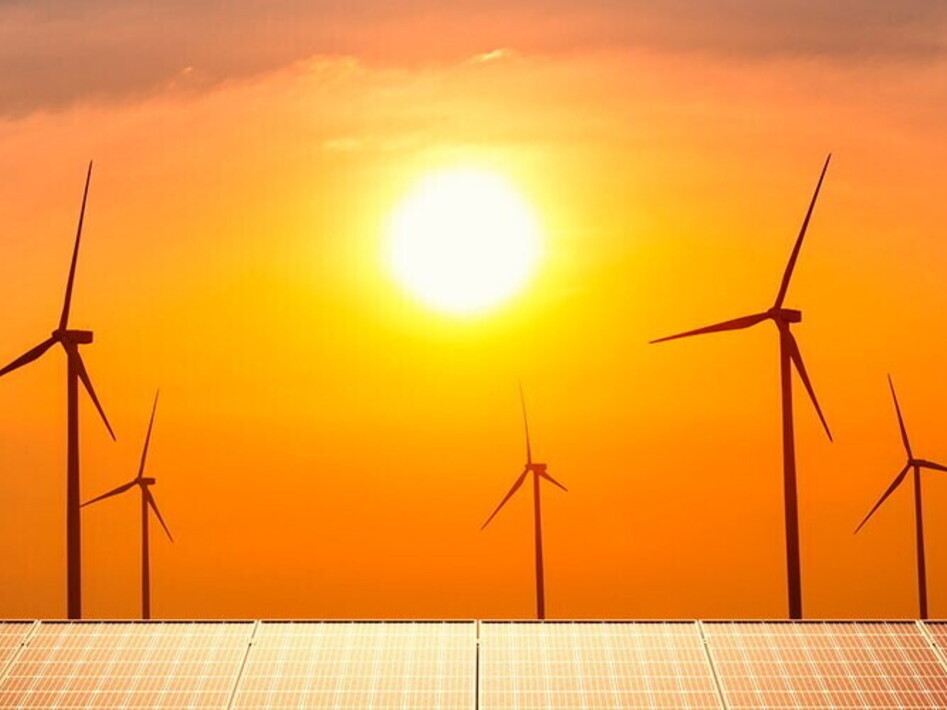Record-breaking renewables in Italy from January to June
23 September 2024

The impact of renewable energy sources on Italy’s energy system is both significant and rapidly increasing. In fact, according to data from Terna, the company managing the national electricity transmission grid, in the first six months of 2024 production from renewable sources exceeded that from fossil fuels for the first time, registering an increase of 27.3% compared to the same period in 2023. This result is partly due to the growth in renewable capacity in operation, which increased by 3,691 MW in the period under consideration, mainly thanks to the increase in installed photovoltaic capacity of 3,341 MW.
Renewables thus covered 43.8% of electricity demand, setting an all-time record on a half-yearly basis. Hydroelectric production reached a record level of 25.92 TWh (+64.8% compared to 2023), thanks to the large availability of water resources in Northern Italy this year. Production from fossil fuels, on the other hand, decreased by 19% compared to the first half of 2023, with an even sharper drop in coal production (-77.3%).
Specifically, net national production reached 22.9 billion kWh. Renewables covered 52.5% of electricity demand (it was 43.8% in June 2023). There was an increase in hydro (+29.4%), wind (+29.2%) and photovoltaic (+18.2%) sources; the increase in photovoltaic (+638 GWh) was due to the higher production because of the increase in operating capacity (+803 GWh), which offset the lower producibility linked to radiation (-165 GWh). Geothermal (-2.8%) and thermal (-13.7%) sources decreased as a direct consequence of the growth in renewables.
Furthermore, despite an increase in consumption, as of June 2024, 88.5% of Italy's electricity demand was met by domestic production, with renewables accounting for 52.5%.
In conclusion, renewables are having an increasingly significant impact on the Italian energy system, contributing to the reduction of dependence on fossil fuels, the increase of clean energy production and the growth of the country's energy security.



